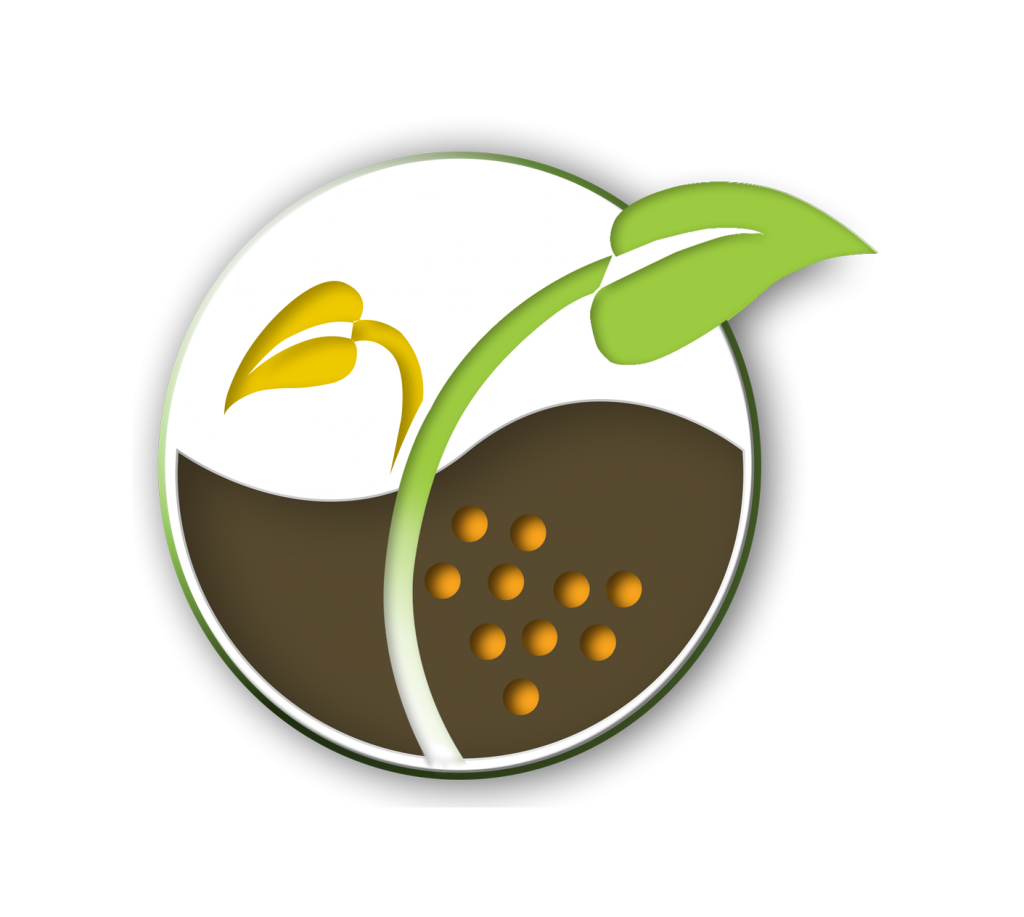B. Bidellaoui1 & G. Segarra1 & A. Hakkou2 & M. Isabel Trillas. 2018. J Soils Sediments 18:727–738.
Drought is currently one of the biggest threats to maize production. Trichoderma spp. is mainly used in agriculture as plant protection product with secondary benefcial efects on plants: improved growth, nutrient uptake and plant immunity. Here, we studied the physiological performance of maize plants under two diferent water regimes (fully irrigated and drought conditions) and three diferent seed treatments: application of Trichoderma asperellum strain T34, application of a chemical fungicide (CELEST XL) or the combination of both.
Regardless of water regime, T34 treatment improved kernel P and C, kernel number and dry weight. Higher populations of T34 on the rhizosphere (T34 treatment) alleviated water stress better than lower T34 populations (T34+Q treatment). Under drought, T34 treatment improved leaf relative water content, water use efciency, PSII maximum efciency and photosynthesis.
T34-treated maize seeds maintained sufcient T34 populations to alleviate drought throughout crop development suggesting an optimal dose of 104 and 105 colony forming units g−1 dry weight of rhizosphere under the studied conditions. This work helps to demonstrate the benefcial interaction between T. asperellum strain T34 and maize plants under drought.



